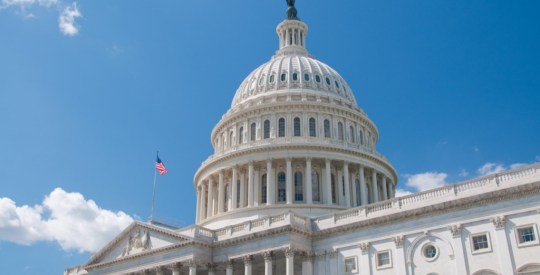Rising home prices lifted more than 1.3 million underwater homeowners above water this year, the Obama Administration’s said in its October Housing Scorecard report.
The latest report shows more signs of a strengthening housing market, but the Treasury is still careful to say the recovery overall remains fragile.
The government’s Home Affordable Modification Program, which launched in 2009, has been the catalyst for close to 1.3 million homeowner-relief actions in the past three years, the Obama administration said.
With so many families in the Northeast now struggling with damaged and inhabitable properties, the Treasury announced that servicers partaking in the Making Home Affordable Programs should review existing guidelines for providing Hurricane Sandy victims with additional housing-related relief.
The program guidelines allow servicers to offer qualified, distressed storm victims tied to Home Affordable initiatives with a minimum of 3-months forbearance. The borrower’s property has to be in a region designated as a disaster zone to qualify for aid. The New York metro area currently has about 60,000 homeowners partaking in HAMP.
“As the October housing scorecard indicates, our housing market is continuing to show important signs of recovery – with the FHFA housing price index posting its largest annual gain in five years and new home sales at its fastest pace since April 2010,” said HUD acting assistant secretary for policy development and research Erika Poethig. “But with so many households still struggling to make ends meet, we have important work ahead. That is why we are asking the Congress to approve the president’s refinancing proposal so that more homeowners can receive assistance.”
Homeowners who benefited from the government’s Making Home Affordable programs over the past three years saved roughly $541 on their monthly mortgage payments, the scorecard said.
HAMP also appears to be successful in preventing re-defaults, with 86% of homeowners still performing well two years after receiving a HAMP loan modification, the Housing Scorecard said.
To date, the HAMP program has launched 1.1 million modifications. Close to 14,000 new modifications were launched in the in-between period from the last report to Friday’s survey.
As for what is causing a tepid housing recovery, the Scorecard shows home prices and home sales on the rise, which is buoying the recovery somewhat. The latest Case-Shiller report has the average home price hovering around $145,900, up from $143,000 a year earlier. That figure, to date, is still lower than the $150,500 mark recorded at the beginning of the housing crisis four years ago.
New and existing home sales in the most recent period hit 32,400 and 395,800 units, respectively. That is up from 25,500 units and 356,700 units, respectively a year earlier, according to data from the government, the National Association of Realtors and CoreLogic.
The supply of houses in the U.S. also fell from 2.4 million a year earlier to 2.320 million in the latest survey period, according to NAR and government data.
The housing recovery also is benefiting from record low interest rates, with the average 30-year, fixed-rate mortgage hitting 3.39% in the most recent report, down from 3.41% in the September report and a drop from 4% last year.





